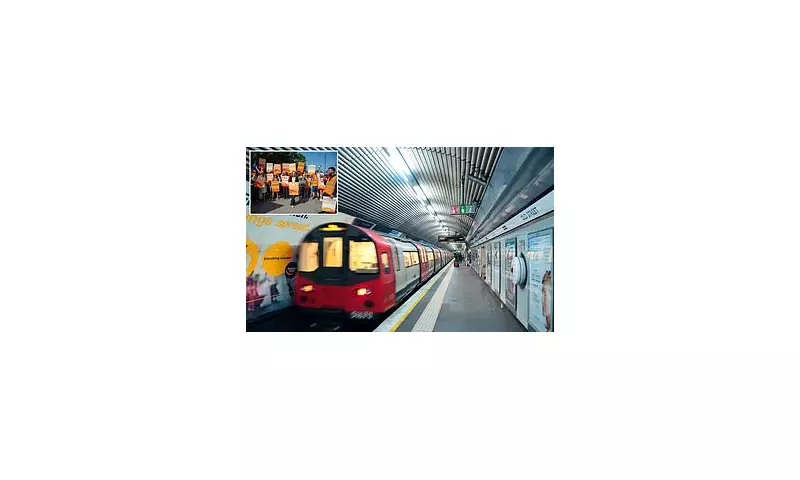
Britain is standing on the precipice of a major autumn of discontent, with a devastating wave of industrial action poised to bring the country's most vital services to a grinding halt. A perfect storm of long-simmering pay disputes and the ongoing cost-of-living crisis has triggered what unions are calling a coordinated 'fightback' across multiple sectors.
This unprecedented level of planned disruption threatens to eclipse any seen in recent years, creating a logistical nightmare for millions of citizens trying to go about their daily lives. The scale of the proposed action suggests a level of strategic coordination not witnessed in decades.
Frontline Services on the Brink
The very backbone of the nation's public services is under threat. Consultants and junior doctors within the NHS are preparing for further walkouts, exacerbating the already critical backlog in patient care and waiting lists. Their ongoing dispute with the government over pay and conditions shows no sign of a swift resolution.
Simultaneously, the education sector is bracing for severe disruption. The National Education Union (NEU) is balloting its members for a fresh mandate to strike, potentially shutting down schools across England and Wales. This action threatens to compound the educational disruption students have already endured in recent years.
Transport Network in Turmoil
The travel chaos is set to intensify dramatically. Train drivers, represented by ASLEF and the RMT, are continuing their relentless campaign of stoppages, bringing the rail network to a standstill on multiple days. Commuters and long-distance travellers are facing yet more cancellations and severe delays.
In a significant escalation, London Underground workers are also voting on strike action over terms and conditions, threatening to paralyse the capital's entire transport system and bring the city to a complete stop.
A Nationwide Battle Over Pay
At the heart of this widespread unrest is a fierce battle over pay. Unions argue that below-inflation pay awards have led to a significant real-terms pay cut for their members, effectively forcing them into a state of working poverty amidst soaring energy bills and rampant inflation.
The government, however, maintains that large public sector pay increases would be irresponsible, warning that they would dangerously fuel inflation and lead to higher interest rates. This fundamental deadlock is the primary catalyst for the impending wave of strikes, setting the stage for a bitter and protracted confrontation this autumn.




